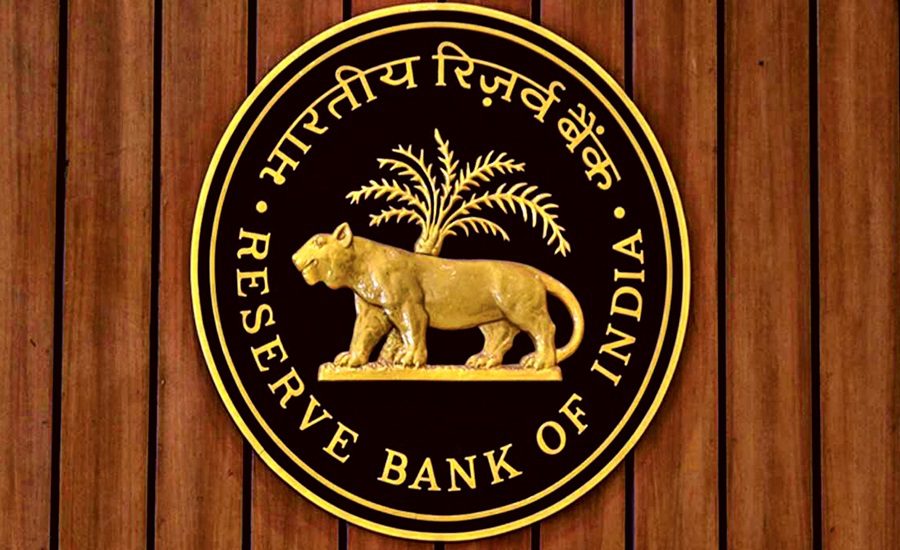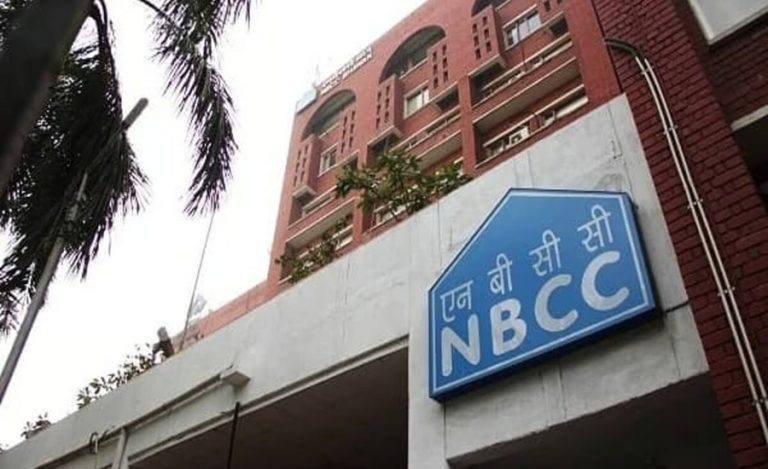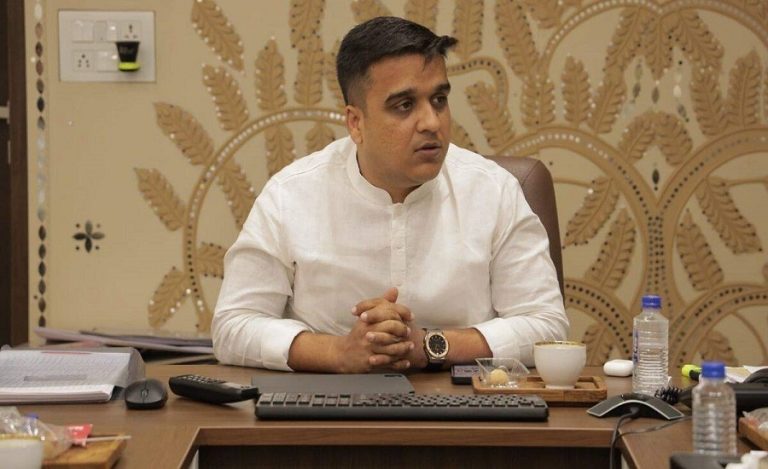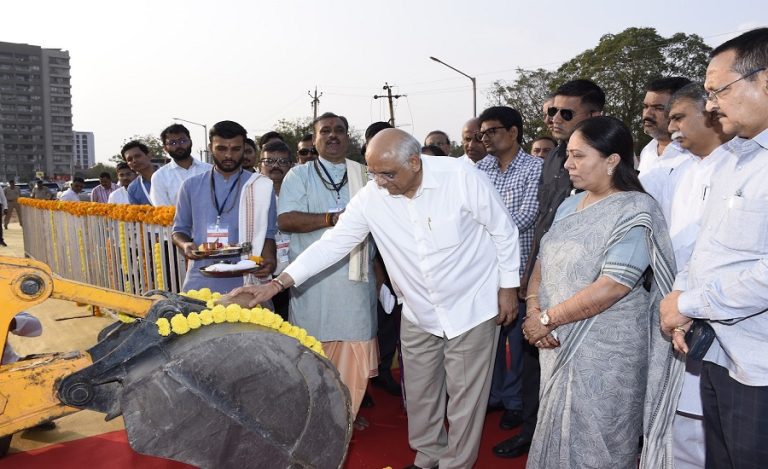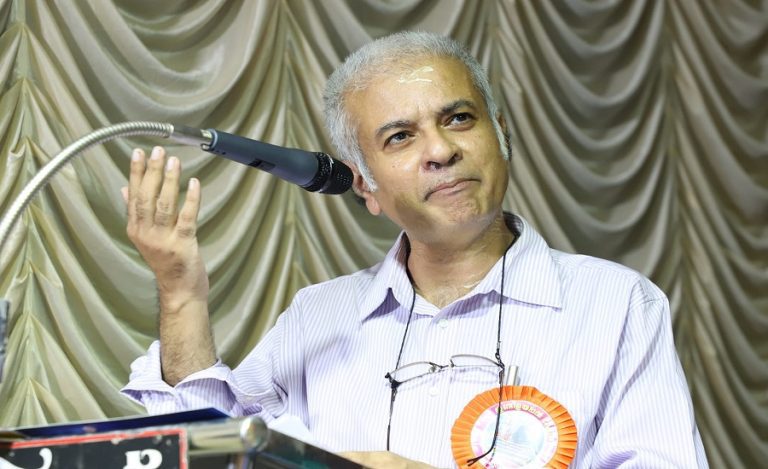New Delhi: India is poised to retain its position as the world’s fastest-growing major economy in 2025-26, backed by strong macroeconomic fundamentals, a resilient financial sector, and a focus on sustainable growth, the Reserve Bank of India (RBI) said in its annual report released on Thursday.
Highlighting a favorable inflation outlook and moderating GDP growth, the RBI indicated that monetary policy must continue to support economic momentum in the near term.
“The Indian economy is poised to remain the fastest-growing major economy in 2025-26,” the central bank stated, adding that this outlook is underpinned by easing supply chain pressures, softening global commodity prices, and expectations of higher agricultural output due to an above-normal southwest monsoon.
However, the RBI flagged multiple downside risks to the growth trajectory, including geopolitical tensions, global financial volatility, supply disruptions, and climate-induced uncertainties. Additionally, “inward-looking” trade policies and tariff wars could challenge exports, though India’s trade agreements are expected to cushion the blow.
On the inflation front, the RBI expressed “greater confidence” that headline inflation will align with the 4% target over the next 12 months, citing easing price pressures and stable food supply as contributing factors.
The central bank also emphasized the need for Indian banks to manage both trading and banking book interest rate risks, especially in light of a moderation in net interest margins.
India’s services exports and robust inward remittances will help keep the current account deficit “eminently manageable”, the report noted.
About RBI
The Reserve Bank of India (RBI), the nation’s central bank, plays a crucial role in managing India’s monetary policy and ensuring financial stability. One of its significant financial contributions to the government is through the annual dividend, drawn from its surplus earnings. For FY2024-25, the RBI announced a record dividend payout of ₹2.69 lakh crore to the central government, a 27% increase from the previous year’s ₹2.1 lakh crore. RBI’s strong financial position and the revised surplus-sharing mechanism underline its pivotal role in supporting the government’s fiscal strategy and maintaining macroeconomic stability.

